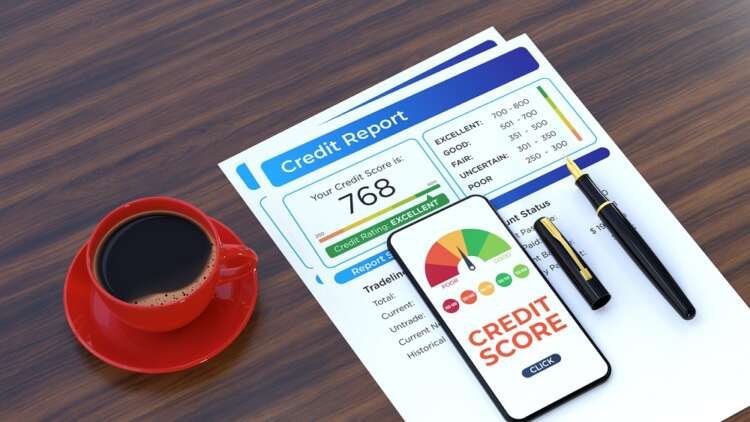How to keep your credit score in check!


iQuanti: Seeing a change in your credit score can make anyone a little nervous, especially if that coveted number has decreased by a few points. But don’t panic just yet. There are quite a few reasons you might see that your credit score changed, and with every problem, there’s a solution.
iQuanti: Seeing a change in your credit score can make anyone a little nervous, especially if that coveted number has decreased by a few points. But don’t panic just yet. There are quite a few reasons you might see that your credit score changed, and with every problem, there’s a solution.
Keep reading to learn about four possible reasons your credit score changed to better understand how to build credit.
Missed Payments
Payments can either make or break your credit score. If you’ve missed a payment on one of your credit cards or installment loans like a car or house payment, you’ll most likely see a shift in your credit score. If you’re only behind a couple of days on your payment, you shouldn’t have any issues. When payments are more than 30 days overdue, creditors will report a record of missed payments to all three credit bureaus. So, it’s important to pay your bills on time so that your score doesn’t suffer.
Closed Account
Closing a credit card can reduce your available credit limit and reduce the length of your credit history. The longer your credit history is, the better. Future lenders want to see that you have a long history of paying back loans of all kinds. So, if you close an account that’s ten years old, it can negatively affect the average account age of your credit history. Consider how closing out your accounts can affect your score before doing so.
You Paid Off a Loan
Paying off a loan is a satisfying experience worth celebrating, but unfortunately, it can also decrease your credit score. This is because it changes your credit mix of credit cards and installment loans. When you pay off a loan, your overall credit utilization will decrease, which will cause a change in your credit score.
The drop in your score is only temporary. Once the paid-off loan account is officially reported to all three credit bureaus, you’ll notice that your credit score will go up a few points. You’ll be able to improve your score over time by continuing positive financial habits like paying off your debt and making on-time payments.
A mistake on your credit report
Inaccuracies on your credit report are very common. Errors can include a misspelling of your name, a wrong address, or a debt that doesn’t belong to you. It’s essential to monitor your credit report regularly, so you can stay on top of mistakes like these and dispute them when you come across them. Otherwise, you can see an adverse change in your credit score and not know where it came from. You have the right to dispute any mistakes you may find on your credit report, and lenders are required to investigate the legitimacy of the dispute and correct the error as soon as possible.
The Bottom Line
Seeing that your credit score has changed can be upsetting, but it’s not the end. Once you figure out what caused the change, you can work toward improving your score. Some of those causes include late payments, closing accounts, paying off your loans, and mistakes on your credit report.
This is a Sponsored Feature.
A credit score is a numerical representation of a person's creditworthiness, based on their credit history. It helps lenders assess the risk of lending money.
Missed payments occur when a borrower fails to pay their bills on time. This can negatively impact their credit score.
Credit utilization is the ratio of a borrower's current credit card balances to their credit limits. It is an important factor in calculating credit scores.
A credit report is a detailed account of an individual's credit history, including credit accounts, payment history, and any outstanding debts.
Explore more articles in the Finance category
